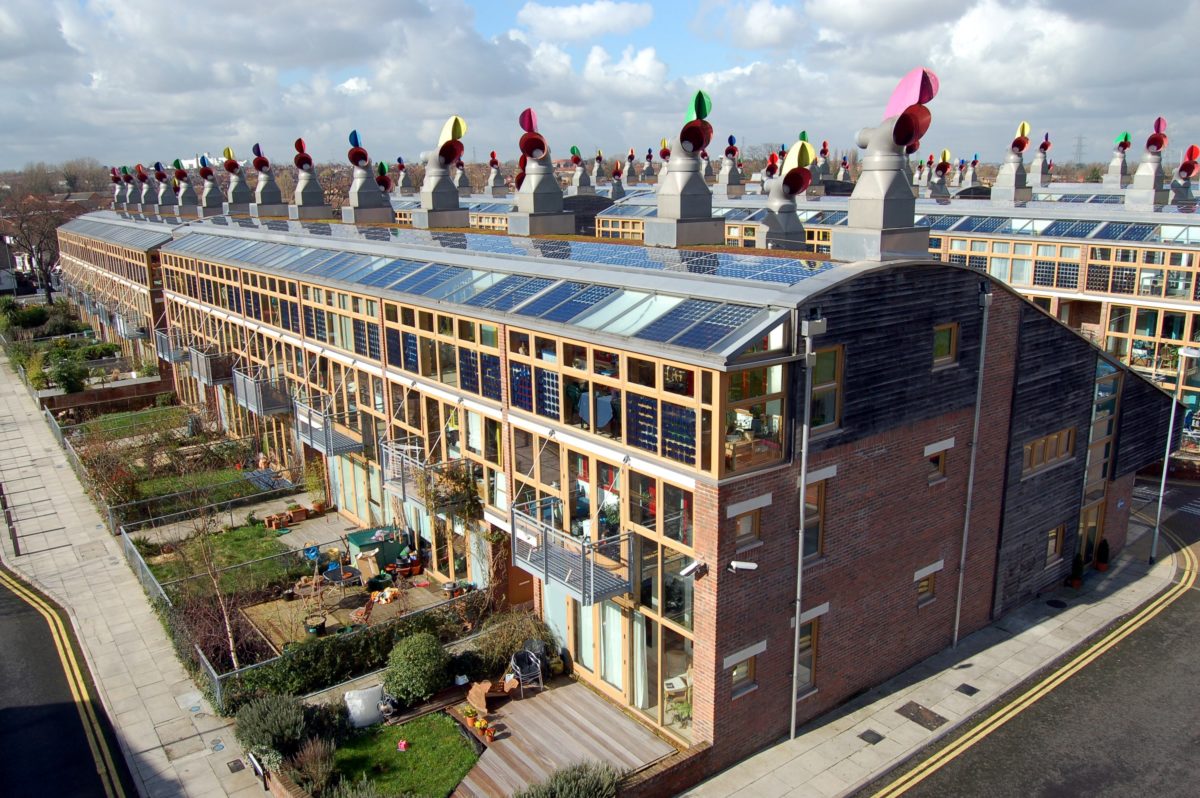While the British parliament remains in a state of inertia over whether or how to leave the EU, the city councils of Bristol and Plymouth and the county authority for Devon have enjoyed the perks of being members of the bloc, at least for now.
The European Investment Bank and European Commission have awarded £1.9 million for a wave of new energy projects across Britain’s South West.
The funding comes from the European Local Energy Assistance facility, which helps realize energy and sustainability projects. In the case of Bristol, those include hundreds of projects ranging from improvements in energy efficiency in commercial and domestic buildings to electric vehicle infrastructure and renewable energy installations. With the help of a previous, £50 million grant in 2014, Bristol City Council installed 8 MW of PV on the city’s buildings as well as realizing numerous other schemes.
The authority’s cabinet member for energy, waste and regulatory services, Councillor Kye Dudd, announced the latest funding boost by highlighting the enormously positive impact of the previous grant, adding: “so we have high hopes for the opportunities [from] this latest round of European funding”. Cllr Dudd said he sees Bristol as a national leader in sustainability, stressing the city’s aim of being carbon neutral by 2050.
Local authorities power ahead of Westminster
Popular content
Councillor Roger Croad, Devon County Council’s cabinet member for environment, said: “The funding will help us to kick-start a range of projects which will support the council in delivering its target of reducing the Devon region’s carbon emissions by 80% by 2050. We anticipate that this funding will stimulate Devon’s renewable energy sector and lead to at least £16 million being invested into low carbon projects in the county.”
The U.K.’s central government, however, has shown less interest in setting the regulatory stage to become a European leader in clean energy. Just before Christmas, energy minister Claire Perry announced a change to the U.K.’s export payment regime – for small scale generators who export excess power back to the grid – to a system of levelization and net metering. The move came after a prolonged consultation process that sparked dismay among industry representatives.
Now a new consultation is now open, until March 5, to determine the generosity of the new remuneration scheme. While a new regime based on actual, rather than presumed levels of energy exports back to the grid has received guarded support, city councils with greater ambition must sit out the decision-making process until certainty and legal clarity can be established.
In an interview with pv magazine in November, Wayne Bexton, head of energy services for Nottingham City Council, said the lack of certainty surrounding the FIT regime had put a halt to plans to expand residential PV installations at that point. It appears it is not only Brexit that is clouding the U.K.’s future planning and exasperating business.
This content is protected by copyright and may not be reused. If you want to cooperate with us and would like to reuse some of our content, please contact: editors@pv-magazine.com.



By submitting this form you agree to pv magazine using your data for the purposes of publishing your comment.
Your personal data will only be disclosed or otherwise transmitted to third parties for the purposes of spam filtering or if this is necessary for technical maintenance of the website. Any other transfer to third parties will not take place unless this is justified on the basis of applicable data protection regulations or if pv magazine is legally obliged to do so.
You may revoke this consent at any time with effect for the future, in which case your personal data will be deleted immediately. Otherwise, your data will be deleted if pv magazine has processed your request or the purpose of data storage is fulfilled.
Further information on data privacy can be found in our Data Protection Policy.